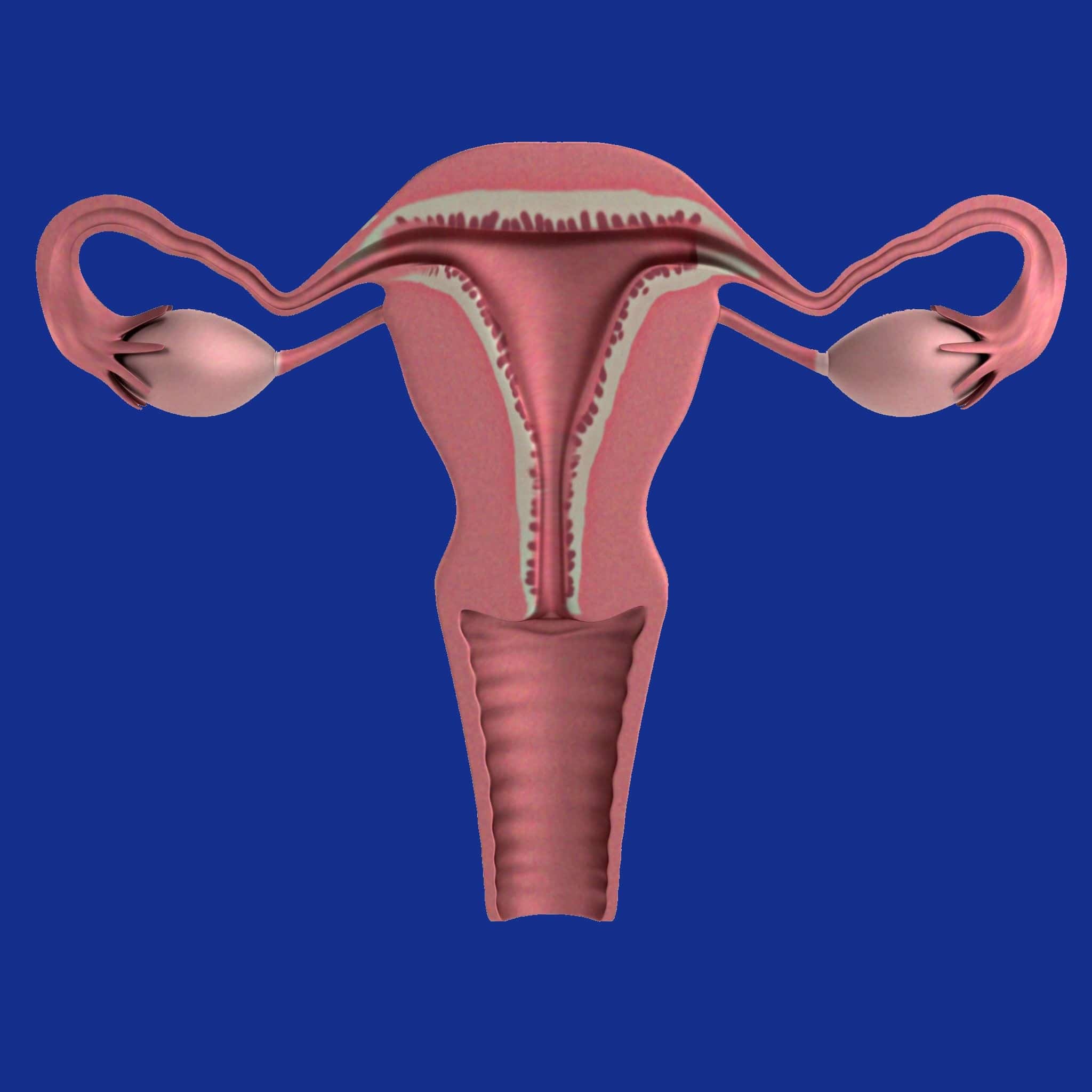Best Birth Control For PCOS- Choose The Right Option.
Best birth control for PCOS contains both progestin and estrogen to rebalance hormones in the body and alleviate some symptoms. PCOS, PCOD, or polycystic ovary syndrome is a hormonal disorder that leads to numerous symptoms such as infertility.
PCOD is an endocrine syndrome that affects one woman out of 10 women of the childbearing age group. Your endocrine system has glands that secrete certain hormones and regulate them, such as estrogen and testosterone.
Women dealing with PCOS face an imbalance in hormones that lead to higher levels of male hormones. The imbalance in hormones changes the way your ovaries function, thus causing them to form small cysts.
Women dealing with PCOD or PCOS might also not ovulate frequently, making PCOD a preeminent cause of infertility.
Here are some fast facts on birth control and PCOD:
- Healthcare experts do not still have an antidote for PCOD.
- A broadly used treatment for PCOD is combination birth control.
- The signs of PCOD differ from woman to woman.
- Birth control pills serve to regulate a menstrual period in women, making it more anticipated.
A few known symptoms common in women with PCOD are:
- Obesity or weight gain
- painful or heavy periods
- Irregular periods as a result of delayed ovulation or no ovulation at all
- Sleeping issues
- Headaches
- thinning hair
- excessive body hair, particularly on the face
- acne on the skin
- fatigue, problem concentrating, and mood changes
- Resistance to insulin causes symptoms of diabetes.
Symptoms differ and might be mild or so critical that they intrude on a woman’s life. When you do not have the right birth control strategy, it may affect your health in various ways. Here’s how birth control may affect PCOD condition-
Birth control affecting PCOD

With the proper treatment, you can manage symptoms of PCOS, and they may disappear. Hormonal birth control contains two hormones. Thus, it is a combination birth control method. These two hormones are generally estrogen and progestin (a synthetic form of testosterone).
These combination birth controls can also manage hormonal irregularities by raising the woman’s estrogen levels and reducing testosterone in a woman’s body.
As a result of combination birth control methods comprising two hormones that can regulate hormone issues are the approved choice for many prescribing physicians and healthcare experts.
Nevertheless, not every woman can reliably use combination pills or birth control for PCOD. Hormonal birth control methods are trustworthy, but they do exhibit some risks, including:
- Weight gain- A little evidence recommends that birth control pills can lead to weight gain, but other studies differ from such opinions. Women who are obese or overweight might be hesitant to take birth control pills or other methods. Weight gain will make the signs of PCOS more critical.
- Uncertainty of cardiovascular problems- This includes threatening blood clots within the legs. Women dealing with PCOS who are overweight may have a raised risk if involved in smoking or vaping. The risk increases.
- A more comprehensive risk of diabetes: This is a concern for women with PCOS previously in danger of diabetes.
For a few women, a pill called minipill might be a more reliable choice. Minipills have just one hormone called progestin. They are less inclined to create side effects compared to combination pills. However, when they cause side effects, these side effects can be the same.
Best birth control for PCOS

Oral contraceptives are the most popular and efficient option used to regulate PCOS signs. There are different types of oral contraceptives methods, including progestin-only pills and combination pills. Both varieties of birth control help manage PCOS symptoms and can serve you to manage symptoms such as:
- Have regular periods
- Ovulate
- Have lighter periods
- reduce cramping
- Have a clear skin
- Reduce extra growth of facial hair
- Lower the risk of ovarian cancer, ovarian cysts, and endometrial cancer.
Most women who deal with PCOS do not undergo side effects when consuming the pill, but several birth control pills and methods have different on different people. You might experience one or more of these symptoms:
- Some spotting
- Sore breasts
- Headaches
- Possible weight loss or gain
- Mood changes
- Nausea
If you hold health insurance, the plan might incorporate the cost of this medicine completely. You might also be able to arrange it at little to no charge via Medicaid or other patient assistance programs. With no coverage or insurance, a set of combination pills typically costs anywhere between $20 to $50 per month. Progestin-only pills usually cost around $50 for one month’s stock.
1. Combination Pills
Combination pills include progestin and estrogen, two artificial hormones like the ones made by the ovaries. The volume of hormones differs from brand to brand. You may opt for low-dose or high-dose variants. For instance, low-dose sequence pills have about 20 micrograms of the hormone estrogen. High-dose control pills usually have between 30-35 mcg of the hormone estrogen. The doctor will further determine the best dosage for you by looking at individual symptoms.
2. Progestin-only pill
Progestin-only pills are also known as minipills. These pills are a practical option for women who deal with PCOS and cannot take combination control pills due to any side effects. PCOS leads you to have decreased levels of progesterone hormone.
Progestin-only pills boost your progesterone, which will lead you to have a regular menstrual cycle or periods and decrease your risk of endometrial cancer. Progestin-only medications can have up to 35 mcg of artificial progestin.
3. Skin patches

The contraceptive patch is a tiny plastic patch that has hormones estrogen and progestin. You are supposed to wear the patch for as long as 21 days, switch it for seven days to let the menstrual period, then substitute it with a fresh patch. Similar to the pill, this skin patch will also help you do the following:
- Lower the risk of cancer
- Reduces excessive hair growth
- Reduces acne
- reduces cramps and bloating
- regulate your menstrual cycle
- Ovulate
Although a skin patch is helpful for PCOS birth control, like other birth control methods, it does have some side effects. These include:
- high blood pressure
- headache
- possible weight gain
- sore breasts
- nausea and vomiting
- mood changes
- irritated skin
One month’s supply of these birth control patches can cost you anywhere between 30 to 35 dollars. Most health insurance brands and companies will cover skin patches for birth control at no cost.
4. Vaginal Ring

The contraceptive ring is a manageable, adjustable, and soft plastic ring inserted into the vagina. You carry the round inside for 21 days, eliminate it for seven days to let the period flow, and then substitute it with a fresh one for the coming month. Similar to the pill and the patch, this vaginal ring can also help you do the following:
- ovulate
- manage your periods
- decrease cramps and bloating
- decrease acne
- decrease excess body hair
- reduce your cancer risk
Similar to other birth control pills, even a vaginal ring has some side effects. These include the following:
- Changes in appetite
- possible weight gain
- fatigue
- sore breasts
- dizziness
- nausea
- headache
The cost of a vaginal ring is as much as the previous method- skin patch, which was $30 to $35 for one month supply. Most health insurance plans also incorporate the vaginal ring.
Will Any Hormonal Birth Control Work?

The best birth control for PCOS is Combination birth control, including pills, vaginal rings, or skin patches, which is the most well-known and prescribed form of therapy for PCOD. If you cannot use the combination pill or take other combination approaches, your physician might suggest the progestin-only drug. There are some other alternatives too, including:
- Progesterone treatment: You can use progesterone for up to 10 to 14 days, all one-two months. This method does not stop pregnancy or enhance androgen levels, but it will help control some symptoms of PCOD.
- Progestin-containing intrauterine device (IUD): These devices that have progestin will help relieve the symptoms of PCOD in a similar way combination pills or progestin-only pills function.
- Metformin: This is a medicine for type 2 diabetes, under the brand name Glucophage. It reduces androgen and insulin levels and develops insulin resistance. Insulin resistance generally occurs with PCOS, and metformin may be applied to treat this. It is not approved by the United States Food and Drug Administration (FDA) to treat PCOD individually, so this is regarded as off-label medication. But analysis has shown that metformin might help start ovulation again and lead to regular menstrual periods.
Off-label medication use means that the drug has not been authorized by the FDA for the given purpose but is used for several different goals that have been approved. However, your doctor may still use this drug for unapproved purposes. That happens because FDA regulates the examination and consent of prescriptions but does not regulate how doctors practice drugs to handle their patients. So, the doctor can practice and order a drug they believe is best for your condition of PCOS.
Using birth control to protect against pregnancy
You already know PCOS is the principal cause of infertility. It concerns every woman distinctively. A few women might become infertile at a very young age, and others might find that it is still possible to get pregnant. Discuss with your doctor regarding your pregnancy status and what choices are available for you, whether ideas for conception or assistance with the help of contraception.
If you choose to use the best birth control for PCOS control and need to obtain the contraceptive advantages, there are a few points you must know:
1. About oral contraceptives
On an ordinary level, birth control pills are approximately 91 percent efficient at stopping pregnancy. The aforementioned suggests that nearly 9 out of every 100 ladies using the tablets to prevent pregnancy become pregnant every year. If you refrain from taking a dose, your chances of pregnancy will increase. Set a warning on the phone to encourage you to remember to consume the pill at a similar time every day.
2. About vaginal ring and contraceptive patch
The contraceptive patch method and vaginal ring method are also nearly 91 percent efficient. The aforementioned indicates about 9 out of every 100 ladies using either plan will get pregnant every year. It is necessary to replace the skin patch or vaginal ring at the right time to defend continuously—the chance of getting pregnant raises each day that you are not on birth control.
Choosing the best birth control for PCOS-

If you suffer from PCOS, discuss what medication option would suit your PCOD or best birth control for PCOS with your doctor. When you and your doctor operate through different options, make sure to consider:
- Best birth control for PCOS should be Easy To use: You must think about which kind of oral contraceptive would be more comfortable for you to practice. If it may seem complicated to use a pill each day, the patch or ring may be a more reliable option.
- Best birth control for PCOS should have minor Side effects: Several hormonal birth control choices have similar risks or side effects. Still, the doctor might be able to suggest one over another if you hold any concerns. It might take examining a few distinctive options before you discover the most suitable one for your body and lifestyle.
- Best birth control for PCOS should be low Cost: If you could check in with any known insurance company to determine whether they cover any birth control techniques and what the out-of-pocket costs might be. If you are not insured, talk to your doctor about various patient assistance programs.
These were some essential things to know on best birth control for PCOS. Discuss with your doctor to determine the right option for your condition individually.

